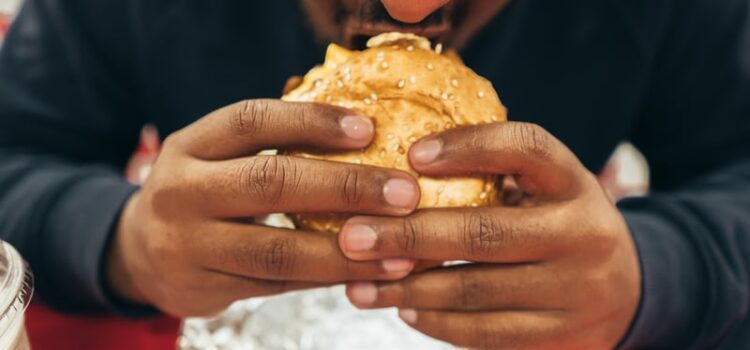

This article is an excerpt from the Shortform book guide to "Fast Food Nation" by Eric Schlosser. Shortform has the world's best summaries and analyses of books you should be reading.
Like this article? Sign up for a free trial here .
What was the McLibel case in the 1990’s? How did the case change public perception of McDonald’s?
In 1986, Greenpeace activists began distributing pamphlets explaining the many issues with McDonald’s. McDonald’s eventually sued for libel, but their reputation had already been damaged. This became known as the “McLibel” case.
Read more about the McLibel case below.
McLibel Case: Greenpeace v. McDonald’s
Labor unions, governments, and activists of various stripes have attempted to push back against the spread of fast food and the economic and cultural globalization that it represents. Perhaps the most famous of these efforts at resistance was the “McLibel” case, which captured world attention and shook the British legal system.
In 1986, London-based Greenpeace activists distributed a leaflet entitled “What’s Wrong with McDonald’s?” in which they assailed the fast food giant’s record on food safety, labor, and the environment, among other grievances. In 1990, McDonald’s sued members of the group for libel, arguing that every claim in the leaflet was false. In doing this, the McDonald’s Corporation thought it had an advantage: British libel laws are highly favorable to the plaintiff, as the burden of proof lies with the defendant. McDonald’s would only need to clear a very low evidentiary bar for the British courts to convict Greenpeace, which would make an example out of the troublesome group and intimidate others into silence.
The McDonald’s legal strategy backfired badly when two members of the group decided to fight back. A network of activists helped fund their legal efforts, and soon, through the legal process of discovery, the pair were able to obtain 40,000 pages of documents, as well as witness statements and transcripts detailing the chain’s labor, marketing, environmental, and animal welfare practices. Through the trial, they were able to turn the table on McDonald’s and bring unprecedented negative media attention to the fast food giant.
Although McDonald’s ultimately won the case, it was a hollow, Pyrrhic victory: the £60,000 in libel damages they were awarded were far outweighed by the lasting damage to their public reputation.

———End of Preview———
Like what you just read? Read the rest of the world's best book summary and analysis of Eric Schlosser's "Fast Food Nation" at Shortform .
Here's what you'll find in our full Fast Food Nation summary :
- How the fast food industry reshaped the American economy
- How fast food marketing is manipulating you
- Why the rise of fast food has destroyed family farms across America






